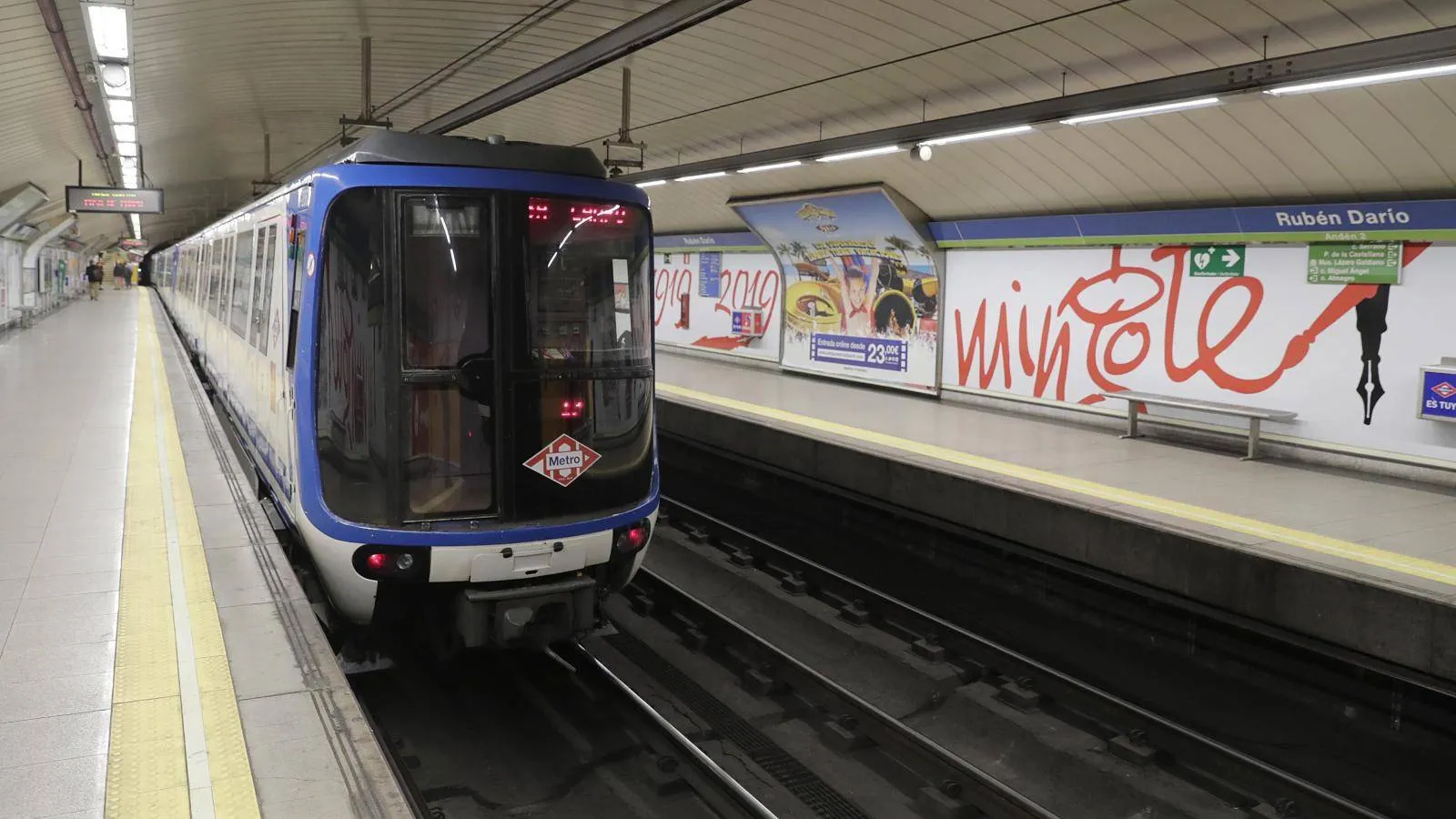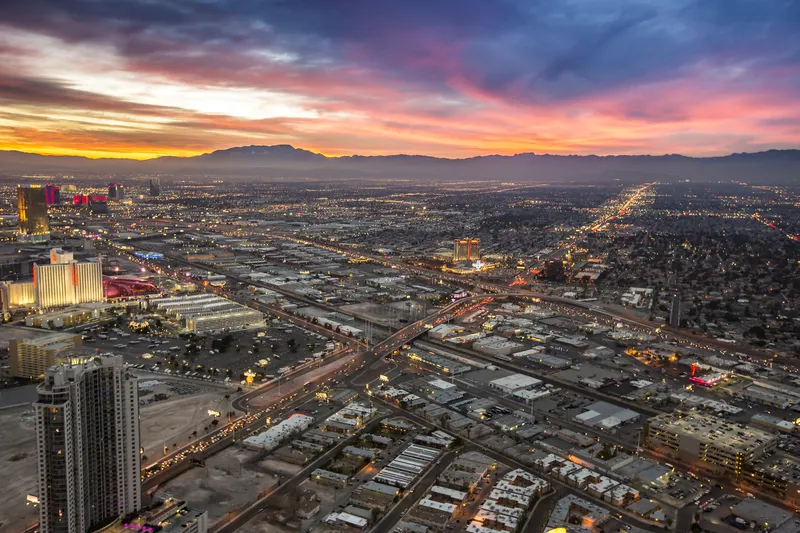
Madrid is to invest €215m in extending its Metro in the north-east of the city and introducing a new bus rapid transit (BRT) system.
The Metro project, planned to be open in the middle of next year, takes the lion's share of the cash - €200m - and was included in the Community of Madrid's Reactivation Plan submitted by regional president Isabel Díaz Ayuso last May.
The city is to build three new Metro stations as part of the 4.5km extension from Feria de Madrid station on line 8 to Valdebebas.
The first is next to the current Cercanias station and will be an interchange with the city's EMT buses and the new BRT, which will run on a 3.6km route with new electric buses and reserved fast lanes.
The other two stations will serve the central and northern parts of the Valdebebas area, said Ángel Garrido, regional minister of transport, mobility and infrastructure, in this "redesign of the public transport offer".
The €15m BRT line - which Garrido called a "pioneering project" - will have traffic light priority at intersections.
"With this mobility plan for the north-east area of Madrid we guarantee that all the major facilities in the city have an intermodal public transport service," Garrido said.
"Investment in public transport infrastructure benefits us all: it contributes to the economic recovery, promotes the mobility of citizens, which is directly linked to gross domestic product, and drives the reduction of greenhouse gas emissions."










